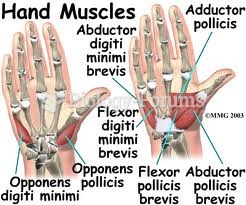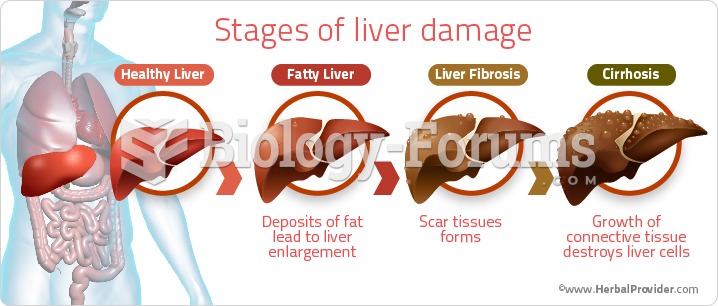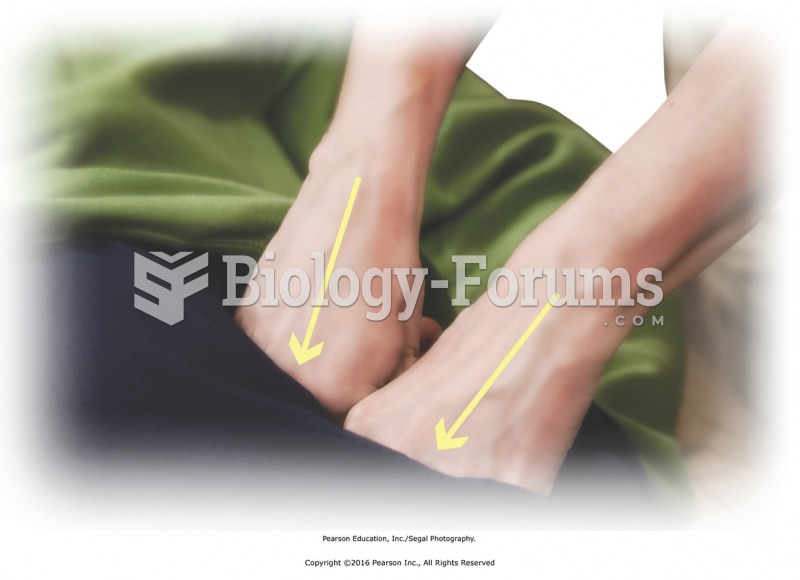|
|
|
There are more nerve cells in one human brain than there are stars in the Milky Way.
Coca-Cola originally used coca leaves and caffeine from the African kola nut. It was advertised as a therapeutic agent and "pickerupper." Eventually, its formulation was changed, and the coca leaves were removed because of the effects of regulation on cocaine-related products.
Bacteria have flourished on the earth for over three billion years. They were the first life forms on the planet.
More than 2,500 barbiturates have been synthesized. At the height of their popularity, about 50 were marketed for human use.
IgA antibodies protect body surfaces exposed to outside foreign substances. IgG antibodies are found in all body fluids. IgM antibodies are the first type of antibody made in response to an infection. IgE antibody levels are often high in people with allergies. IgD antibodies are found in tissues lining the abdomen and chest.







